VR headsets top 1 million shipments for the first time, but can Microsoft take the field?
3 min. read
Published on
Read our disclosure page to find out how can you help MSPoweruser sustain the editorial team Read more

Virtual reality has been a very slow burner over the last few years, with high prices and high hardware requirements preventing many who are interested from trying out the technology.
We have however recently seen major price drops for the most common VR headsets, led by the Oculus Rift which dropped to $399 in the summer, and analytics company Canalys reports that this has led to a major boost in sales.
According to their new report quarterly shipments for the headsets topped 1 million for the first time in Q3 2017. This was before Microsoft entered the field with their Windows Mixed Reality headsets, with Sony’s PlayStationVR heading the field.
“VR adoption in the consumer segment is highly dependent on price, and Oculus’ strategy of lowering prices has definitely helped drive adoption,” said Canalys research analyst Vincent Thielke, in a statement.
Sony shipped 490,000 PlayStation VR (PS VR) followed by Facebook’s Oculus with 210,000 Rift headsets and HTC with 160,000 Vive VR headsets.
Together they make up 86 percent of the VR headset market share in Q3.
“Sony is well-placed to take advantage of this increasing interest in VR,” said Canalys analyst Jason Low in a statement. “Sony has dominated the Japanese VR headset market since the release of the PS VR, taking more than an 80 percent share, and will continue to lead as it increases supply of the PS VR headset with bundles featuring new titles from popular franchises, including Doom, Skyrim, and Gran Turismo.”
Microsoft is expected to make its presence felt in Q4 2017 and in 2018 with their new Windows Mixed Reality platform.
Canalys projects that next year the VR headset market will gain more fuel from PC vendors who will roll out new headsets supporting Microsoft’s Windows Mixed Reality platform, which can be used for business and pleasure.
“VR in business can be applied to many industries, such as manufacturing, healthcare and education,” said Low. “As top-tier PC vendors, including HP, Lenovo, Acer, Asus and Dell, launch their own VR headsets, using their distribution channel efficiencies, one can expect a strong VR uptake in business.”
Given the small size of the field at present and Microsoft and PC OEMs more direct relationship with PC users one should expect Windows Mixed Reality headsets to rapidly dominate the field. If they do not it would suggest the market is less accepting of a Microsoft solution in the area.
See Canalys’s full report here.
Via Venturebeat

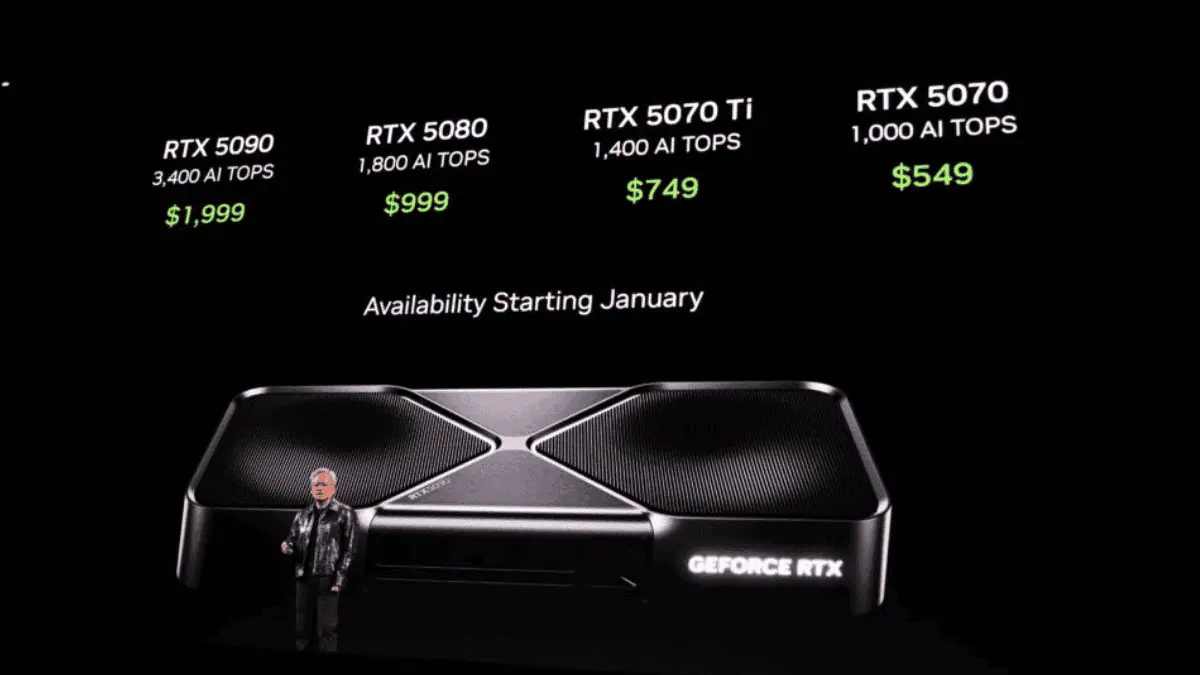
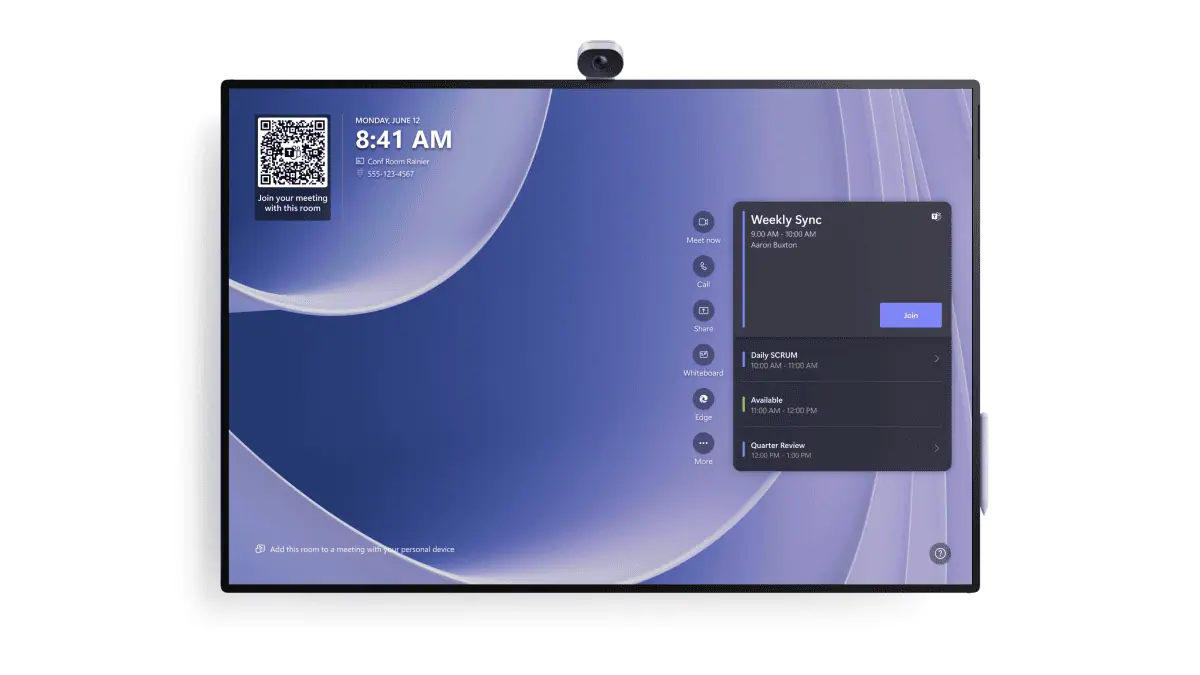


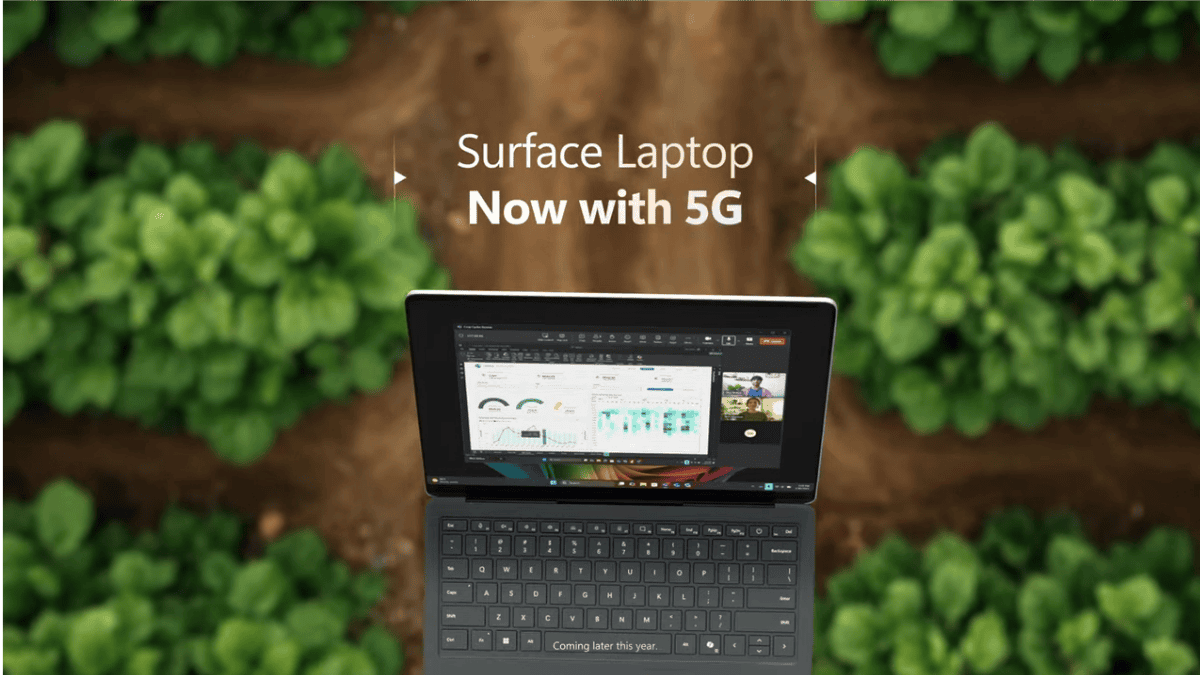
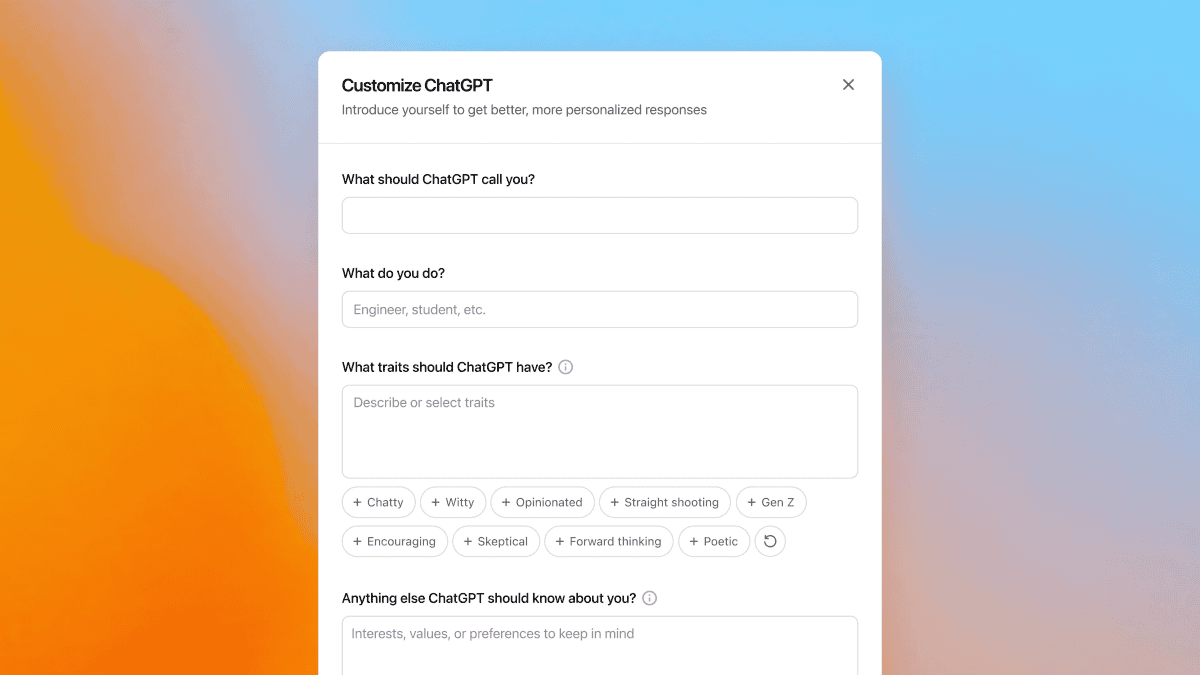
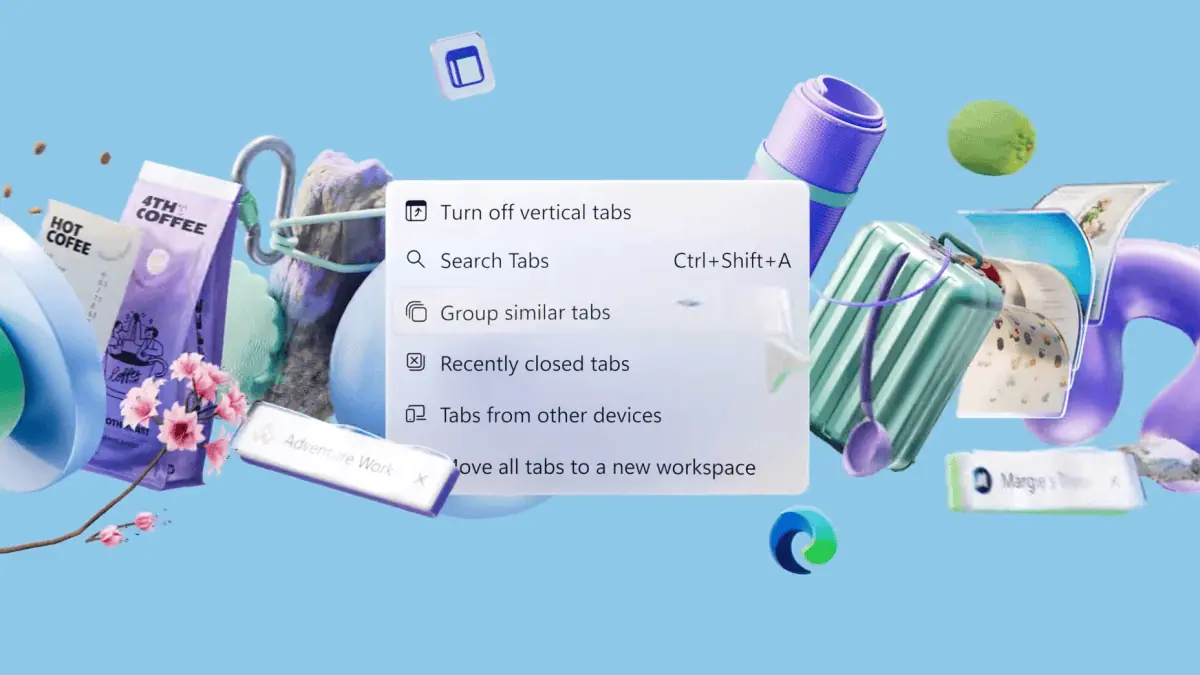

User forum
0 messages